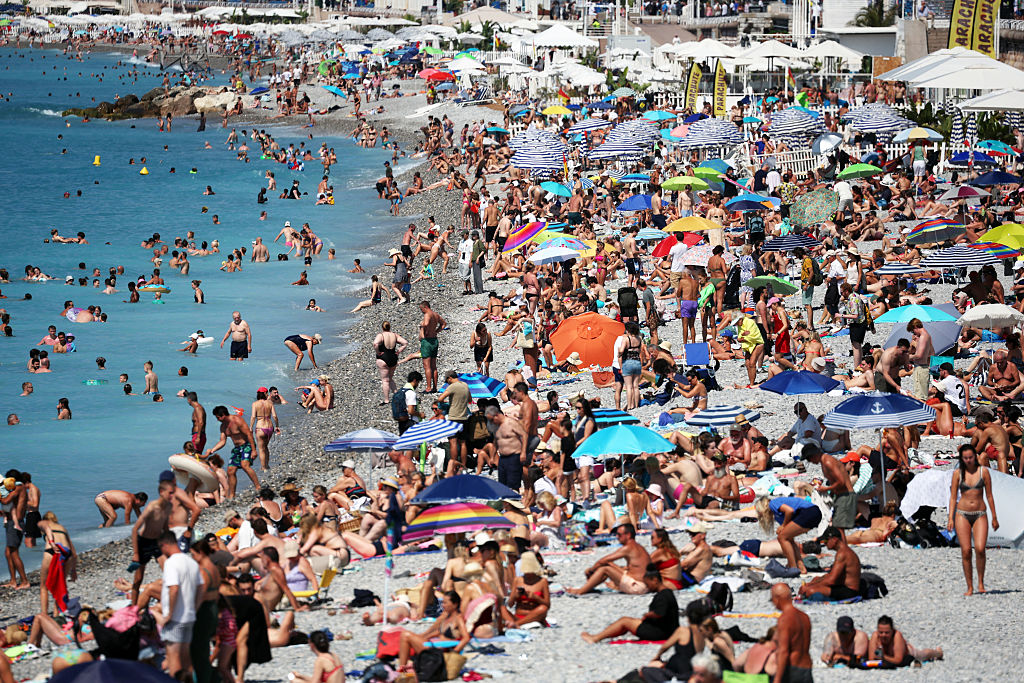Developer Offer
Try ImaginePro API with 50 Free Credits
Build and ship AI-powered visuals with Midjourney, Flux, and more — free credits refresh every month.
Why Travelers Now Trust Bad Photos Over Good Ones

It appears the era of lo-fi, authentic content is making a significant impact on the travel industry. A recent survey suggests that vacationers are growing tired of picture-perfect marketing, showing increased skepticism toward destinations that only showcase polished and highly curated content.
The Problem with Picture-Perfect Marketing
A survey conducted by Full Frame Insurance polled 1,000 Americans to understand how photography influences their trust and booking decisions. The results point to a clear shift in consumer sentiment. The study found that nearly two in five travelers have felt let down by "misleading" travel photography, and more than one in five have even felt unsafe upon arriving at a destination that didn't match its online imagery.
This growing mistrust is pushing travelers to seek out more realistic portrayals of their potential vacation spots.
AI and the Erosion of Trust
Artificial intelligence in photography is a major source of this distrust. The survey revealed that an overwhelming 83% of respondents feel anxious about AI-generated or heavily enhanced images being used in travel marketing. Furthermore, only a mere 6% believe that AI will make travel photography more trustworthy in the future.
This data underscores a critical point for the industry: as AI becomes more prevalent, the value of authenticity skyrockets. Observers note that in this new landscape, the credibility of photography will depend on how transparent creators are about their editing processes.
What Travelers Really Want to See
The most significant takeaway for travel marketers and photographers is the clear demand for realism. A staggering 82% of respondents said they prefer realistic imagery, even if it means showing less-than-perfect scenes like construction zones or other visible concerns.
Beyond just realism, diversity also plays a crucial role. The survey showed that 42% of people are more likely to visit a destination if its promotional photos feature diverse representation.
Interestingly, the data also highlighted some generational differences. While about a quarter of all respondents were influenced by how attractive people appeared in destination photos, this figure jumped to 59% for Gen Z. This social-media-driven generation also shows a unique travel habit, with nearly a third bringing a companion specifically to help them capture photos.
Ultimately, the findings from the Full Frame Insurance survey send a clear message: authenticity is no longer just a buzzword in travel marketing—it's a necessity. Travelers are demanding transparency and are more likely to trust brands that provide a realistic, unvarnished look at what they can expect.
Compare Plans & Pricing
Find the plan that matches your workload and unlock full access to ImaginePro.
| Plan | Price | Highlights |
|---|---|---|
| Standard | $8 / month |
|
| Premium | $20 / month |
|
Need custom terms? Talk to us to tailor credits, rate limits, or deployment options.
View All Pricing Details

